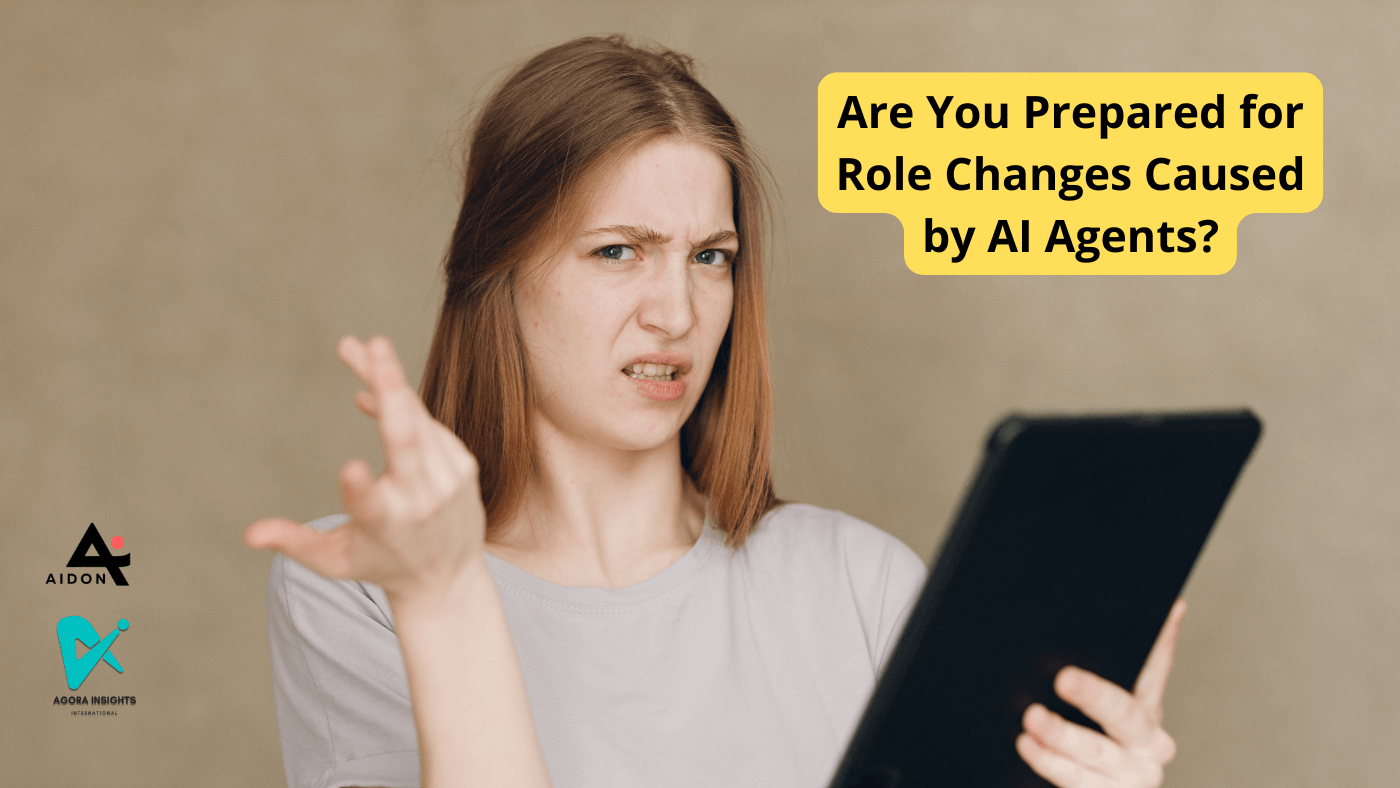
Today, many perceive artificial intelligence (AI) as synonymous with chatbots and their applications. However, this view overlooks a fundamental aspect: AI agents are essentially resources that significantly impact jobs and enterprise workflows. Unlike traditional tools designed for specific tasks, AI agents represent a paradigm shift in our interaction with technology and the conduct of business. This blog explores the essential role of AI agents as transformative resources and examines their profound implications for professionals in business architecture and analysis.
The Evolution of AI in Enterprises
AI Tools
These are applications crafted to perform specific, often rule-based tasks, requiring human input to define goals and parameters. Examples include data visualization software, basic automation scripts, or traditional chatbots.
AI Agents
In contrast, autonomous agents are endowed with advanced AI capabilities. They can learn, adapt, and make decisions with minimal human intervention. Operating continuously in dynamic environments, AI agents perceive their surroundings and take actions to achieve designated goals. Their proactive nature allows them to anticipate needs and optimize processes in real-time, distinguishing them markedly from traditional tools.
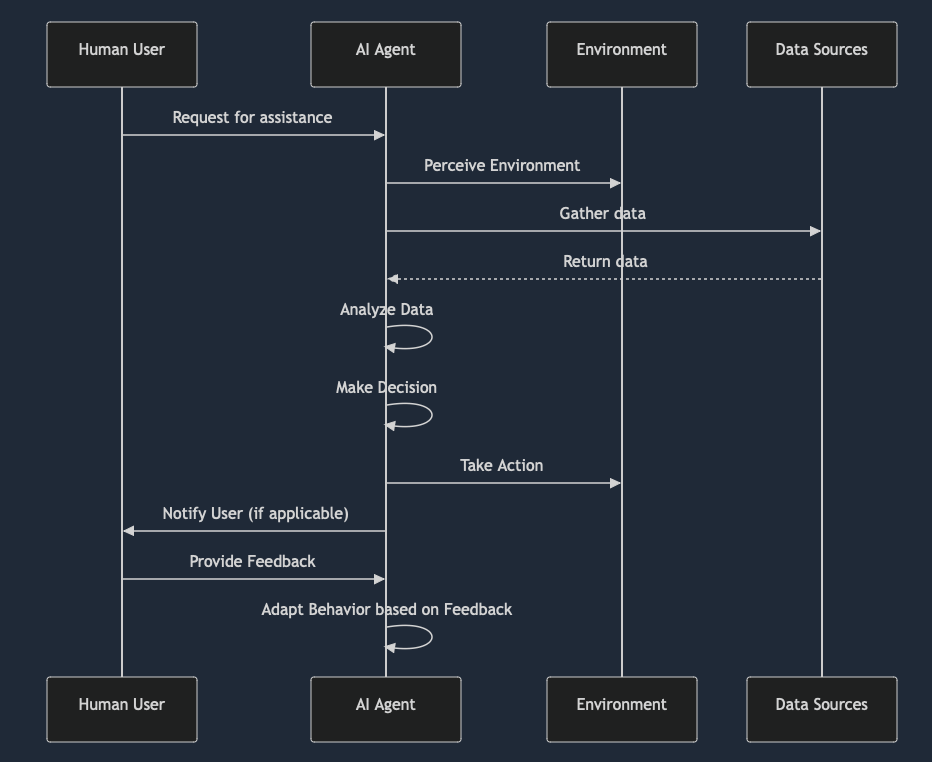
Agent Orchestration: The New Backbone of Enterprise Integration
The emergence of agent orchestration marks a critical advancement in enterprise architecture. Traditional enterprise integration methods are becoming inadequate in the AI era. Agent orchestration introduces an AI-powered layer that actively manages and enhances interactions between systems of record (such as databases and enterprise resource planning systems) and systems of engagement (like customer interfaces).
From EAI to Intelligent Orchestration
In the early 2000s, Enterprise Application Integration (EAI) was pivotal for connecting disparate systems within organizations. Today, the challenge extends beyond data movement between systems; it's about intelligent utilization of that data across the enterprise. Agent orchestration leverages advanced AI to coordinate multiple AI agents, robots, and human-driven systems, cultivating scalable ecosystems for secure and seamless operations. This shift signifies a fundamental change from traditional integration to intelligent, adaptive orchestration.
Key Characteristics of AI Agents
- Autonomy: AI agents operate independently, making decisions and executing tasks without constant human approval. They learn from past experiences and adapt to new situations, enhancing their effectiveness over time.
- Adaptability: They handle complex, context-driven tasks, adjusting actions based on real-time data and environmental changes. This adaptability enables effective responses to dynamic business conditions.
- Collaboration: AI agents work alongside other agents and human counterparts, improving workflows through synergy. This collaborative approach leads to more efficient and effective operations.
- Scalability: Capable of performing multiple tasks simultaneously, AI agents offer specialized focus and scalability—crucial for large enterprises in competitive environments.
Insights from Andrew Ng at BUILD 2024
In this video, Andrew Ng gave an enlightening talk about how AI is evolving, especially with the emergence of AI agents and "agentic reasoning." Here's the lowdown:
The AI Stack Explained: Andrew broke down the layers of AI, from the data we feed into systems up to the applications we use. He highlighted that AI agents and this new way of thinking (agentic reasoning) are building on top of big language models (LLMs) and the latest multi-modal models that can handle different types of data.
Quick Development with Generative AI: He talked about how generative AI (GenAI) is speeding up the way we build applications. Thanks to advances in how we prompt AI, we're seeing a boom in custom AI apps popping up everywhere.
What Are Agentic AI Workflows?: Andrew introduced the idea of AI agents that can make decisions and take actions on their own—pretty much like mini autonomous helpers. These workflows can optimize processes and make things run smoother without us having to micromanage them.
Design Patterns for Smart Reasoning: He emphasized the importance of designing AI systems that can think and reason more like humans. This includes integrating reflection and planning into how they operate, so they can handle complex tasks better.
AI Agents Teaming Up: One exciting point was about AI agents working together. Think of it like a team of AI buddies collaborating to solve problems more effectively than they could alone.
The Role of Visual AI: Andrew touched on how AI that can understand visuals—like images and videos—is becoming a big deal. Since a lot of data out there isn't just text, having AI that can process visual information is super important.
Managing AI Agents with an Orchestration Layer: He talked about the need for an orchestration layer—a kind of management system—that helps coordinate all these AI agents so they work together seamlessly.
Don't Forget About Data Engineering: Andrew reminded everyone that handling data well, especially messy, unstructured data, is crucial. Good data engineering is the backbone of any solid AI system.
The Future Is Bright, But Be Responsible: He wrapped up by saying that AI has huge potential to transform industries and our daily lives. But with that power comes the responsibility to innovate ethically and thoughtfully.
Transforming Enterprise Workflows with AI Agents
Agent orchestration facilitates intelligent, adaptive workflows across the enterprise. Here's how AI agents are reshaping business operations:
Intelligent Automation
AI agents automate both routine and complex tasks across various functions. For example, in supply chain management, agents autonomously monitor stock levels, predict demand patterns, and initiate procurement processes without human intervention. This transcends mere automation, representing cognitive integration that learns and adapts to real-time business conditions.
Enhanced Decision-Making
By introducing a layer of intelligence, AI agents transform data flows into actionable insights. In customer service, for instance, agents analyze real-time data to provide personalized responses and recommendations, significantly enhancing customer satisfaction and loyalty.
Self-Improving Workflows
AI agents create self-improving workflows. Unlike static integration patterns, they continuously learn from interactions, optimizing processes enterprise-wide. This leads to increased efficiency and the agility to swiftly adapt operations as market conditions evolve.
Implications for Job Roles
The integration of AI agents into the workplace has significant implications for professionals:
Shift in Responsibilities
As routine tasks become automated, employees can focus on strategic, creative, and complex problem-solving activities that leverage human intuition and innovation. This shift can result in more engaging and fulfilling work experiences.
New Skill Requirements
There's a growing demand for skills that complement AI capabilities, such as AI literacy, data analysis, critical thinking, and interpersonal communication. Professionals need to adapt and acquire new competencies to thrive in an AI-driven environment.
Collaborative Work Environment
Employees will increasingly collaborate with AI agents, necessitating an understanding of how to manage and interact with these systems effectively. This collaboration enhances productivity and fosters innovation.
Opportunities for Growth
With AI agents handling repetitive tasks, professionals have the opportunity to engage in more meaningful work, contributing to areas that drive significant value for the organization.
Ethical and Oversight Roles
The rise of AI agents underscores the need for human oversight to ensure ethical operation and alignment with organizational values and regulatory requirements. Professionals play a crucial role in maintaining ethical standards and governance.
The Future of Enterprise Integration
The next wave of enterprise transformation focuses on making systems think, not just connect. As generative AI reshapes business operations, agent orchestration becomes the critical bridge between enterprise data and customer engagement.
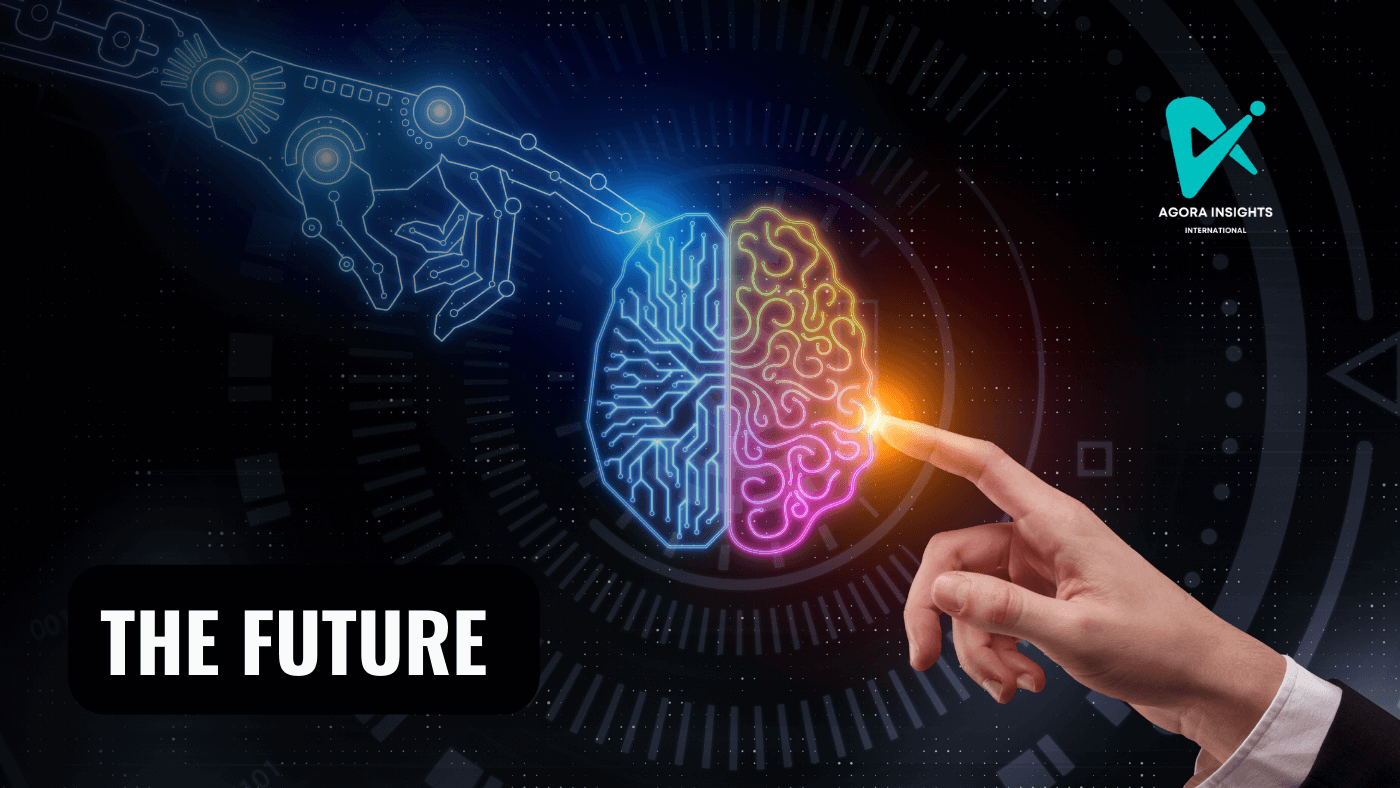
Strategic Advantages
- Agility: AI agents enable organizations to adapt operations rapidly, providing real-time responsiveness to market changes—a critical differentiator in competitive markets.
- Competitive Edge: Intelligent, adaptive systems allow enterprises to innovate faster and deliver superior customer experiences, positioning them ahead of competitors relying on traditional integration methods.
- Scalability: AI agents manage increasing volumes of data and complexity efficiently, facilitating smooth scaling as businesses expand without proportional increases in resources.
Challenges to Address
- Security and Governance: The introduction of AI agents necessitates robust security protocols and governance frameworks to protect data and ensure regulatory compliance. Prioritizing cybersecurity and ethical considerations is essential.
- Ethical Considerations: Navigating ethical concerns related to AI decision-making—such as bias, transparency, and accountability—is critical. Establishing clear guidelines and frameworks is vital for fostering trust in AI systems.
- Workforce Transition: Developing strategies for reskilling employees and redefining job roles to align with the AI-driven landscape is crucial. Investing in training and development is key to workforce adaptation.
Key Takeaways:
AI Agents Are Changing the Game: They're not just tools; they're becoming autonomous entities that can make decisions and act on them.
Fast-Tracking Development: Generative AI is making it easier and quicker to develop new AI applications tailored to specific needs.
Collaboration Is Key: Both between AI agents themselves and between humans and AI, collaboration leads to better outcomes.
Visual Data Matters: As we deal with more images and videos, having AI that can process this type of data is increasingly important.
Ethics and Responsibility: With great power comes great responsibility—it's essential to focus on ethical AI development.
Conclusion
AI agents signify a substantial leap from traditional tools to dynamic resources that fundamentally transform business operations. They offer autonomy, adaptability, and the capacity to create intelligent workflows that learn and improve over time. As agent orchestration emerges as the new backbone of enterprise integration, organizations embracing this shift position themselves to thrive in an increasingly dynamic and competitive environment.
For professionals, this evolution brings a transformative impact on job roles, necessitating new skills and presenting opportunities for more engaging and strategic work. Understanding and leveraging AI agents is not merely about technology adoption; it's about redefining enterprise architecture and workforce dynamics for the AI era.
Download your free copy of AI Business Architect and Analyst here
Just a reminder that Agora Insights and now Aidon.ai open up a world of learning and AI-Assisted Solutions for Business Architects, Analysts, Strategists, and Business Leaders.
Interested in business architecture and business analysis certification, corporate and AI training? Go to our website www.agorainsights.com
Contact Deirdre Caren on LinkedIn
References
- Andrew Ng Explores The Rise Of AI Agents And Agentic Reasoning | BUILD 2024 Keynote
- Menlo Ventures - 2024: The State of Generative AI in the Enterprise
- Gartner - Best Enterprise Conversational AI Platforms Reviews 2024
- Forbes - Why Agent Orchestration Is The New Enterprise Integration Backbone For The AI Era
- PNAS Nexus - Potential Impact of AI Innovations on US Occupations
- Elements.cloud - Are AI Agents Enhancing or Replacing Workers?

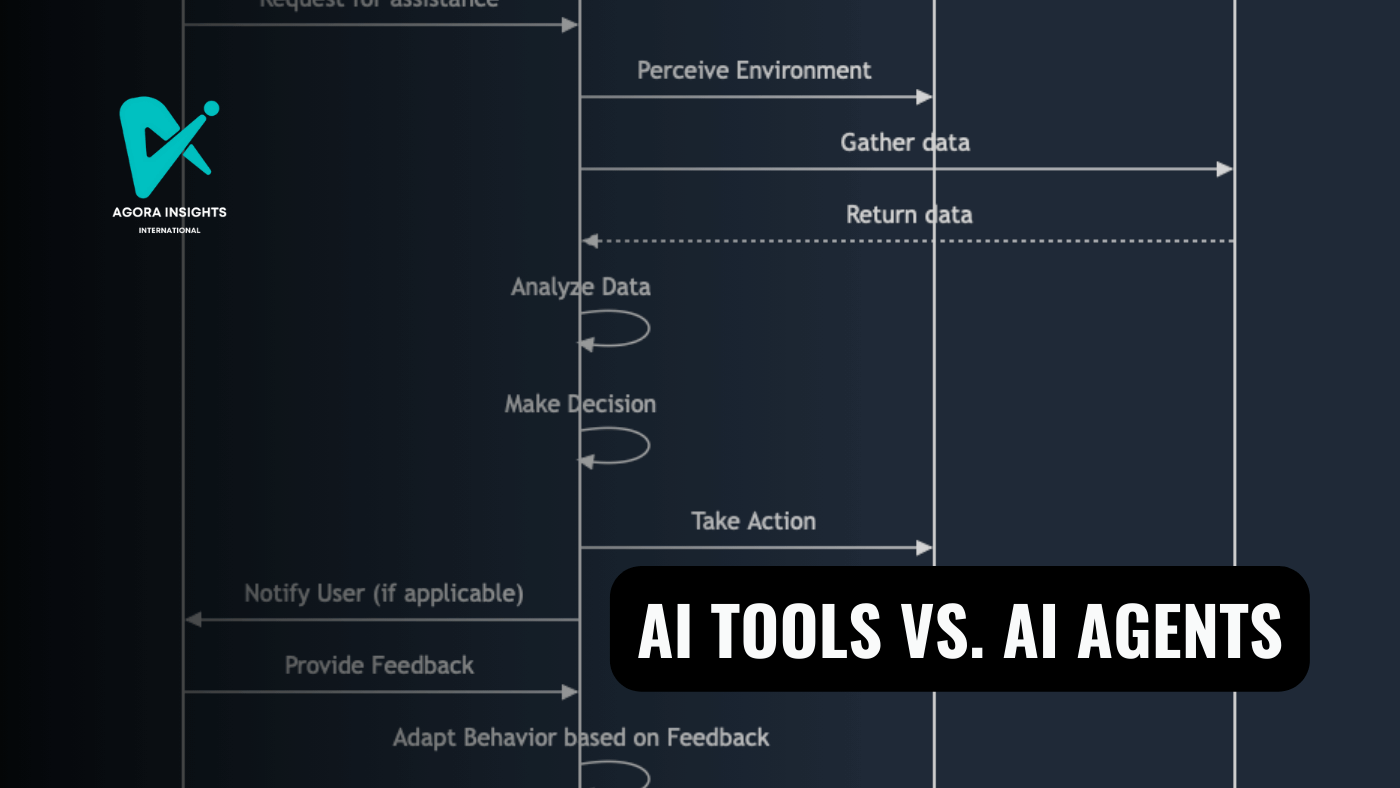
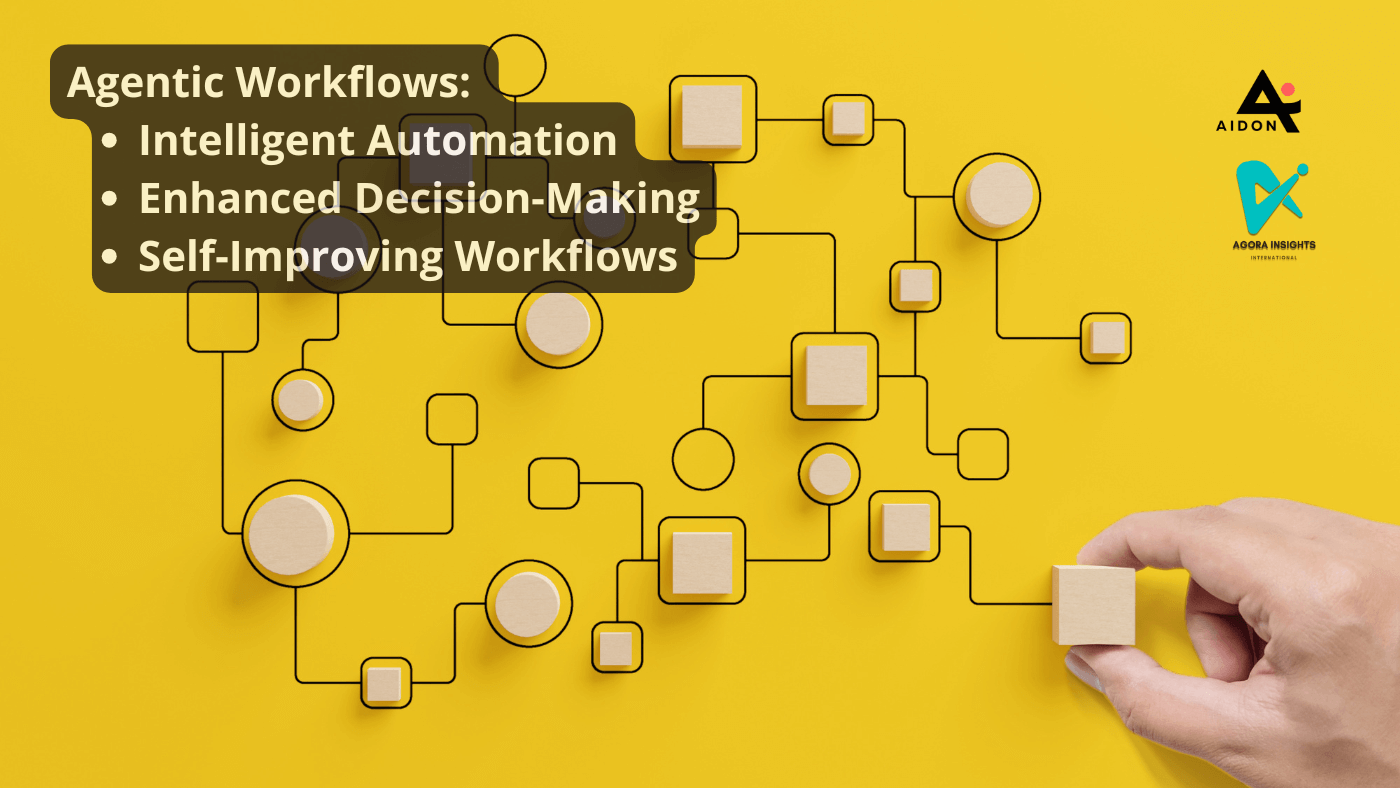
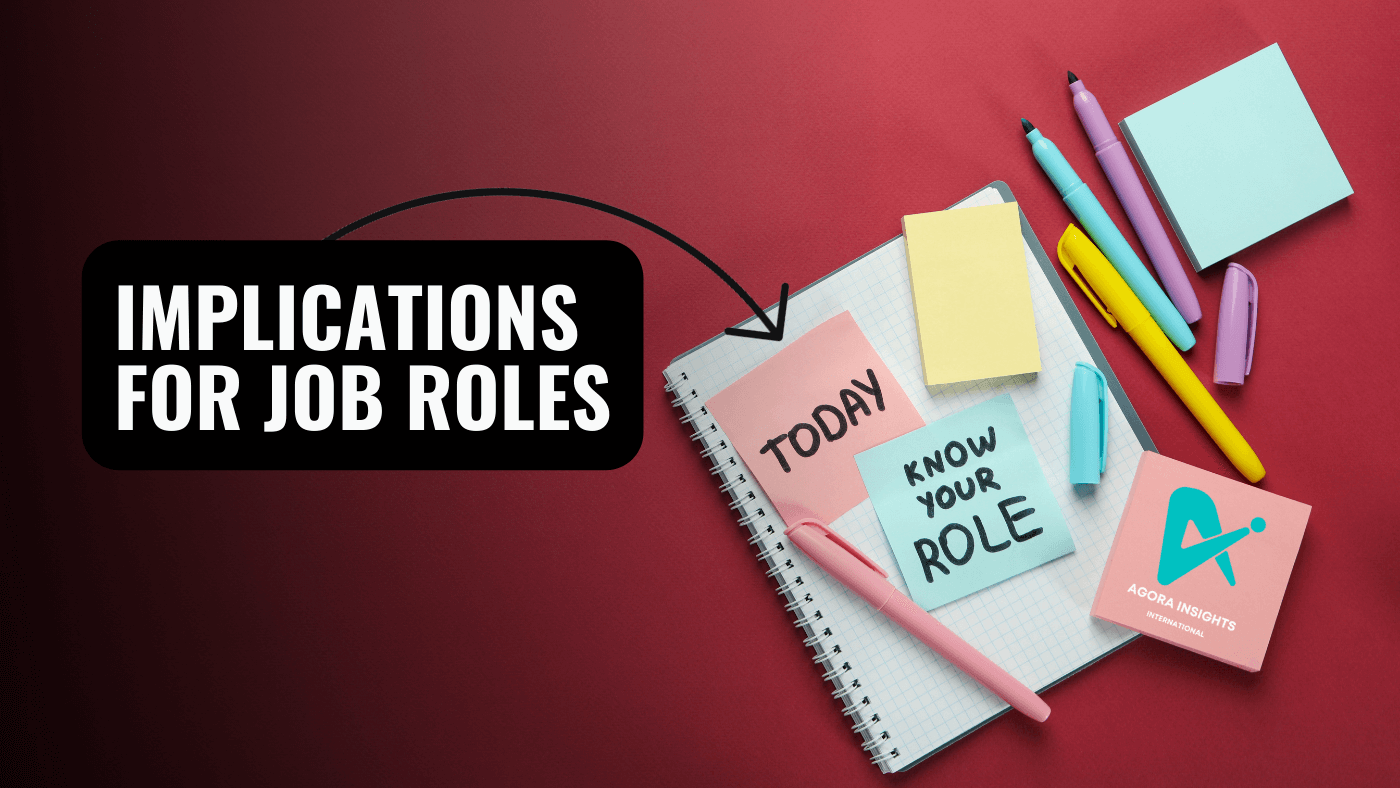
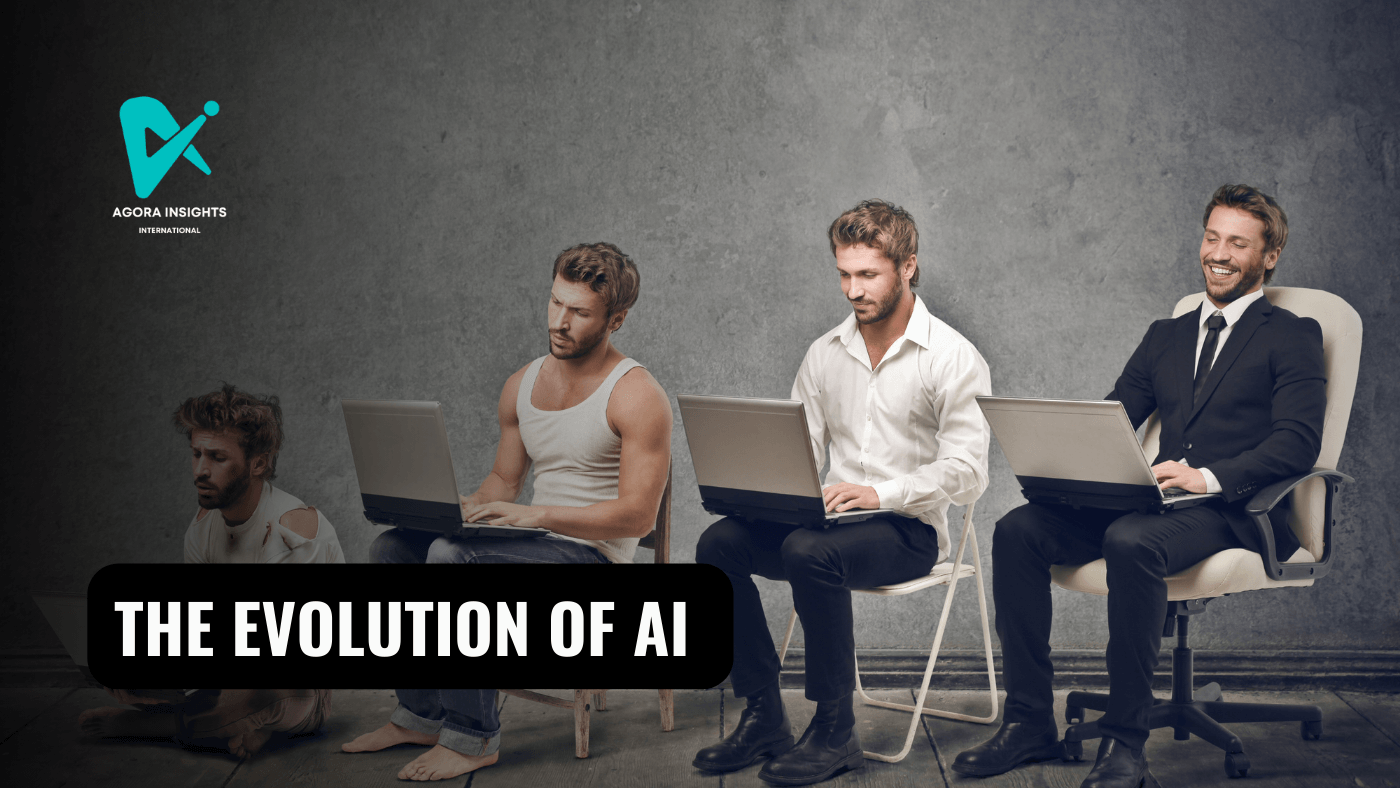
Post a Comment